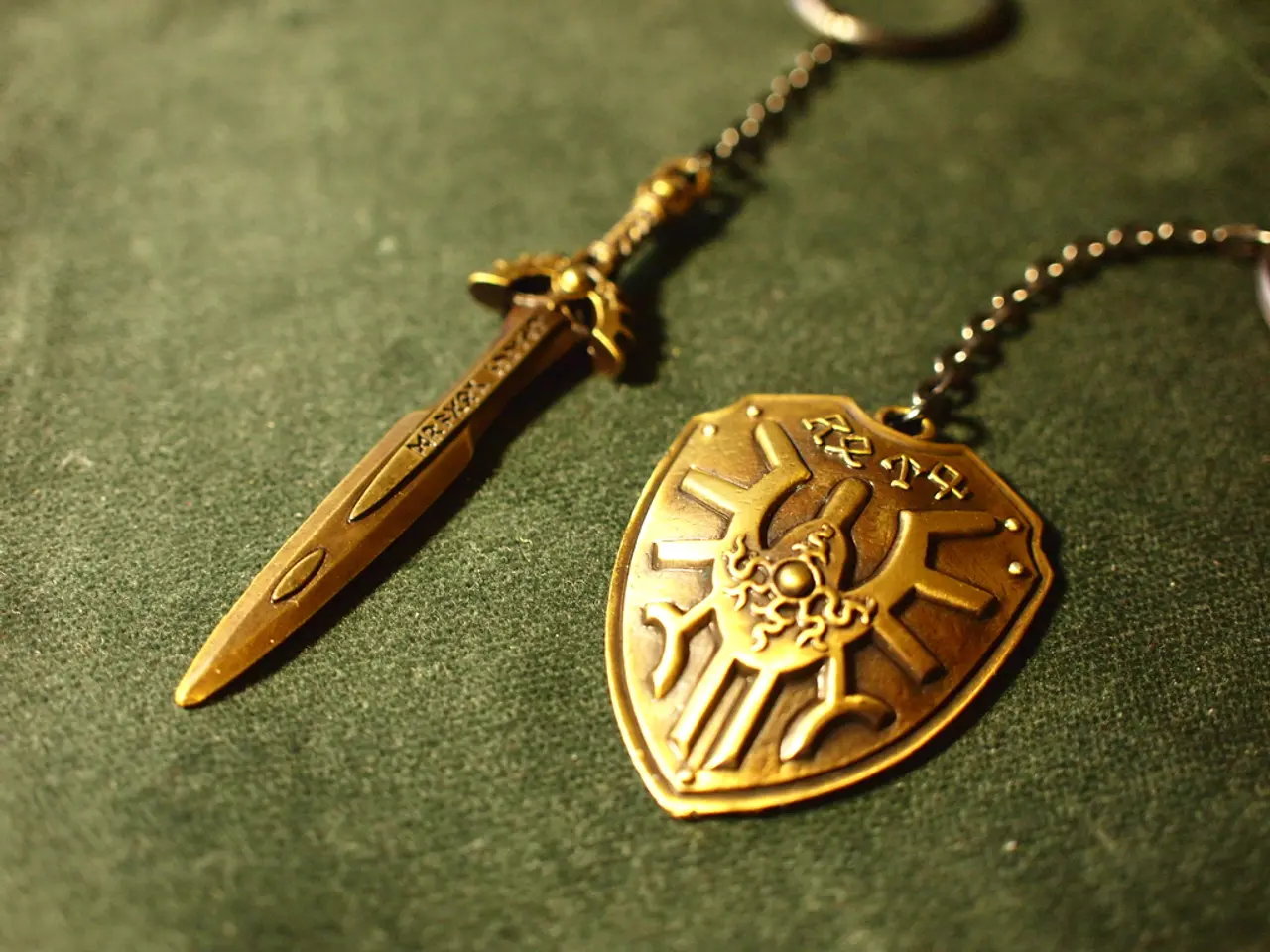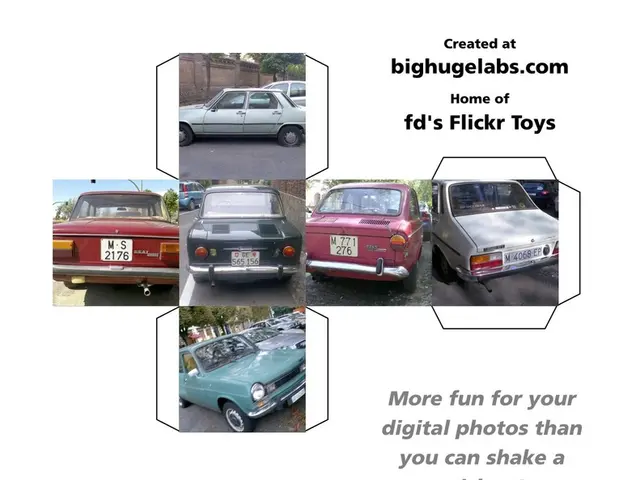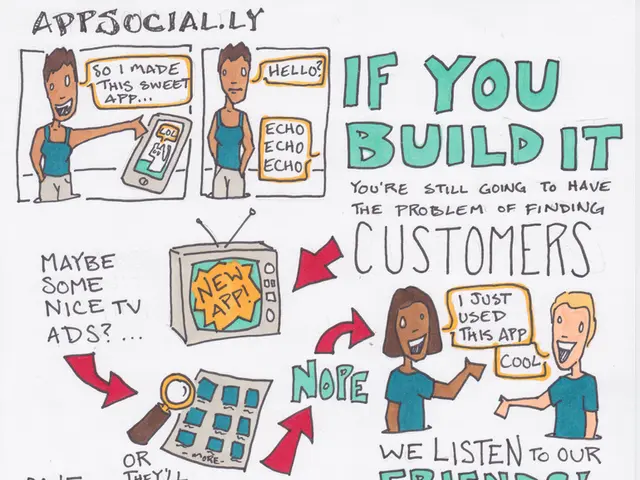Institutional Blockchain Investments: The Emerging Role of Tokenization in Real Estate
In the world of finance, a transformative trend is taking shape – Real-World Asset Tokenization (RWA). This innovative process converts the ownership rights of physical or traditional financial assets into digital tokens on a blockchain, offering a new era of efficiency, security, and democratized access.
The RWA process begins with the identification and legal structuring of a valuable asset, typically isolated in a Special Purpose Vehicle (SPV) to ensure regulatory compliance and clarify ownership. Following this, regulatory approval and data verification are secured, ensuring the token legally represents the asset, and valuation and ownership details are accurately documented.
On-chain token issuance then takes place, with digital tokens minted on a blockchain using smart contracts, which include all relevant asset data. These tokens represent fractional shares and can be traded on blockchain platforms or exchanges.
Once issued, tokens provide liquidity through secondary markets, enable automated functions like ownership transfer and yield distribution, and allow investors to buy smaller asset portions. This increased liquidity, fractional ownership, and enhanced transparency are key attractions for financial institutions.
Tokenization offers several benefits to these institutions. It increases liquidity by converting traditionally illiquid assets, such as real estate, private credit, or bonds, into tradable digital tokens, enhancing market efficiency. It also enables fractional ownership, allowing investors to access previously high-cost assets by buying fractions rather than entire units, broadening investor bases.
Moreover, blockchain’s immutable records improve auditability and trust in asset ownership and transactions. This transparency and trust create new financing channels, as original asset holders can raise capital more efficiently by issuing digital tokens representing ownership.
The global reach of digital tokens also expands market participation beyond traditional geographic or institutional limits. A prime example is BlackRock’s BUIDL fund, which tokenizes U.S. Treasury bonds, issuing tokens that represent shares and distribute yield, demonstrating how traditional finance products can be integrated with blockchain to offer programmable, accessible digital assets.
Innovative platforms, such as our website, offer secure access to buying and selling digital tokens, with asset fragmentation allowing smaller investors to participate in previously exclusive markets. Major institutions like Telefonica, Inveready, Investcorp, Unicaja, and Cecabank, a Spanish and Portuguese custody leader, are also supporting this project.
The integration of RWAs in the blockchain ecosystem is changing the way property and investment are conceived. RWA can represent diverse goods such as real estate, art, commodities, and traditional financial instruments. Financial institutions and banks adopt RWA to fractionalize high-value assets, facilitating entry of new investors and reducing access barriers.
For those interested in learning more about blockchain, a course certificate is available, offering a clear, simple, and concise introduction to this transformative technology. As RWA tokenization continues to grow, it promises to revolutionize the way we interact with and invest in the world's assets.
Read also:
- Exploring Harry Potter's Lineage: Decoding the Enigma of His Half-Blood Ancestry
- Elon Musk Acquires 26,400 Megawatt Gas Turbines for Powering His AI Project, Overlooks Necessary Permits for Operation!
- U Power's strategic collaborator UNEX EV has inked a Letter of Intent with Didi Mobility to deploy UOTTA(TM) battery-swapping electric vehicles in Mexico.
- Global Gaming Company, LINEUP Games, Moves Into Extensive Global Web3 Multi-Platform Gaming Network







